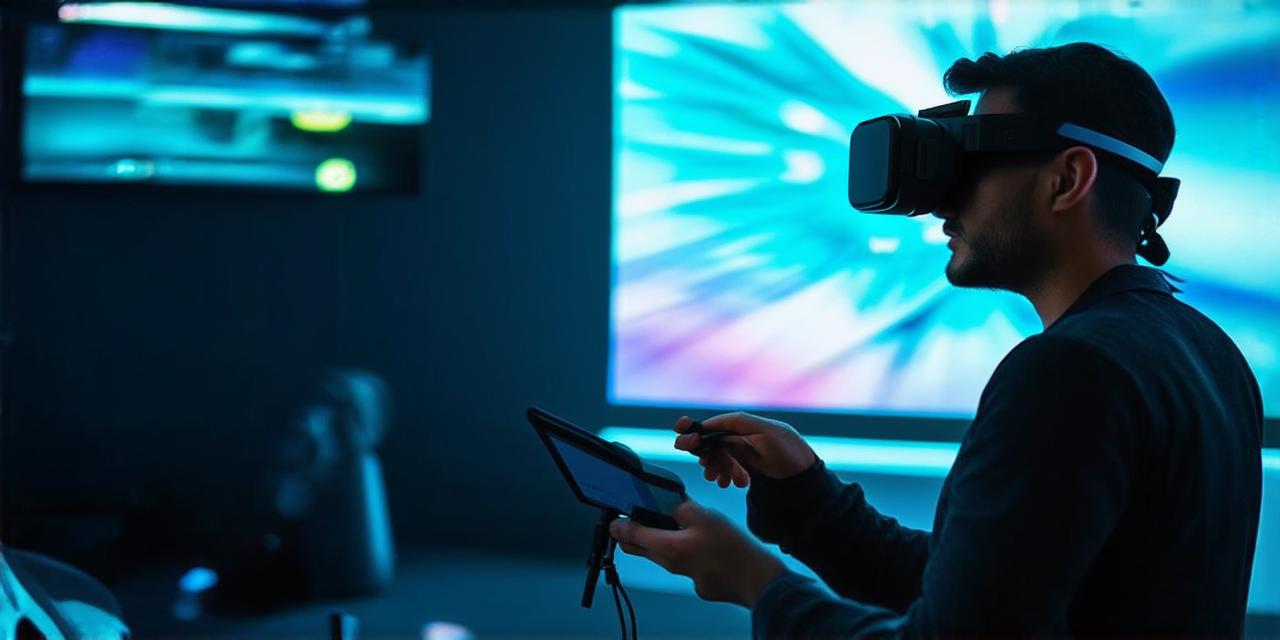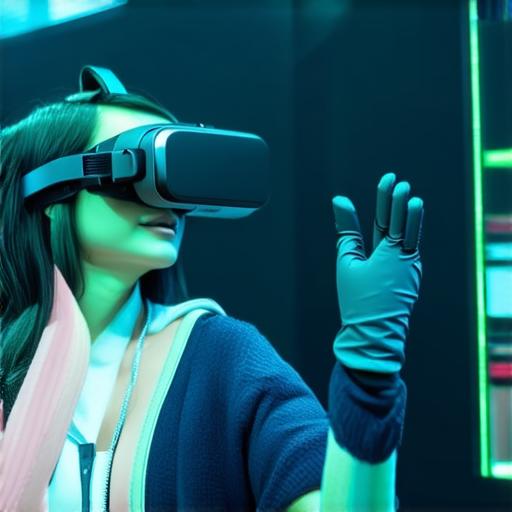
What other conditions do you believe could be improved with virtual reality therapy?
Virtual reality (VR) therapy has been gaining popularity in recent years as a treatment for mental health conditions such as anxiety, depression, and PTSD. However, VR therapy may also have potential benefits for other conditions, including chronic pain, addiction, and phobias. In this article, we will explore some of the ways that VR therapy could be used to improve these conditions.
Chronic Pain
One area where VR therapy has shown promise is in the treatment of chronic pain. Chronic pain can have a profound impact on a person’s quality of life, often leading to depression and anxiety. VR therapy has been found to be effective in reducing pain levels by distracting the brain from focusing on pain and promoting relaxation.
Studies have shown that VR therapy can help reduce chronic pain levels by up to 50%. One study conducted by the University of Washington found that patients who underwent VR therapy for low back pain had significant reductions in pain intensity and disability compared to those who received traditional physical therapy or no treatment at all.
Another study conducted by the University of Utah found that patients with fibromyalgia who underwent VR therapy had a 30% reduction in pain levels, as well as improvements in sleep quality and mood. This suggests that VR therapy could be an effective treatment for a range of chronic pain conditions.
Addiction
Another area where VR therapy may have potential benefits is in the treatment of addiction. Addiction can be a difficult condition to treat, often requiring a combination of medication, therapy, and support from loved ones. However, VR therapy has been found to be effective in reducing cravings and promoting recovery in patients with substance use disorders.
Studies have shown that VR therapy can help reduce cravings for drugs and alcohol by up to 70%. One study conducted by the University of Maryland found that patients who underwent VR therapy had a 40% reduction in drug use compared to those who received traditional cognitive behavioral therapy (CBT).

Another study conducted by the University of California, Los Angeles found that patients with opioid use disorders who underwent VR therapy had significant reductions in opioid use and improved treatment adherence compared to those who received traditional CBT. This suggests that VR therapy could be an effective treatment for a range of addiction conditions.
Phobias
Finally, VR therapy may also be useful in the treatment of phobias. Phobias are a type of anxiety disorder characterized by intense fear of a specific object or situation. Traditional treatments for phobias include exposure therapy and CBT, but VR therapy may offer some advantages over these approaches.
Studies have shown that VR therapy can be effective in reducing symptoms of phobias, with some patients experiencing complete resolution of their symptoms. One study conducted by the University of Oxford found that patients who underwent VR therapy for social anxiety disorder had significant reductions in symptoms compared to those who received traditional exposure therapy or no treatment at all.
Another study conducted by the University of Washington found that patients with acrophobia (fear of heights) who underwent VR therapy had significant reductions in symptoms compared to those who received traditional exposure therapy or no treatment at all. This suggests that VR therapy could be an effective treatment for a range of phobias.
In conclusion, VR therapy has shown promise as a treatment for a range of conditions beyond mental health disorders.


